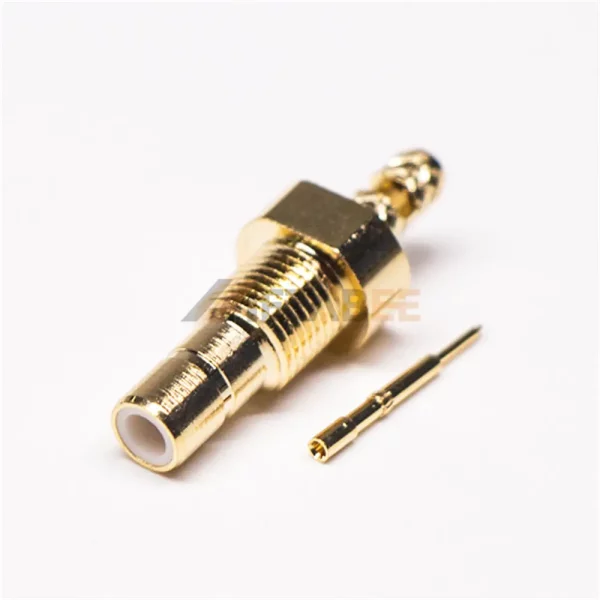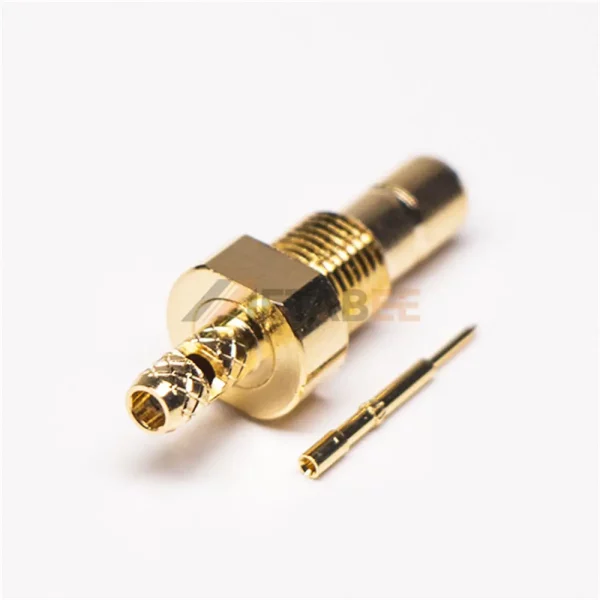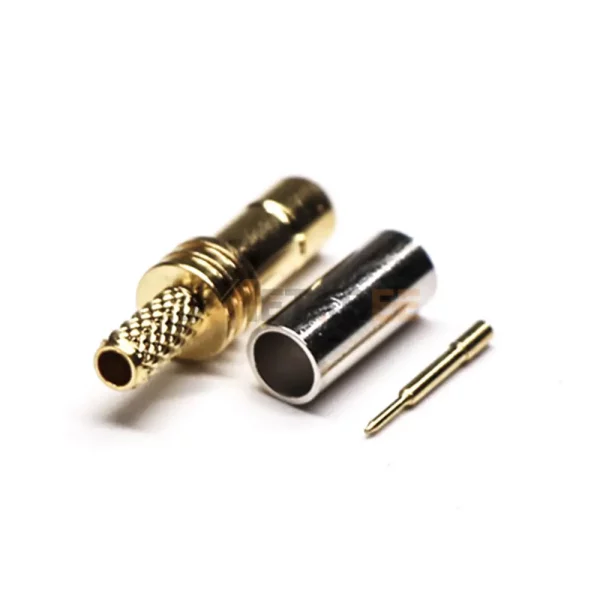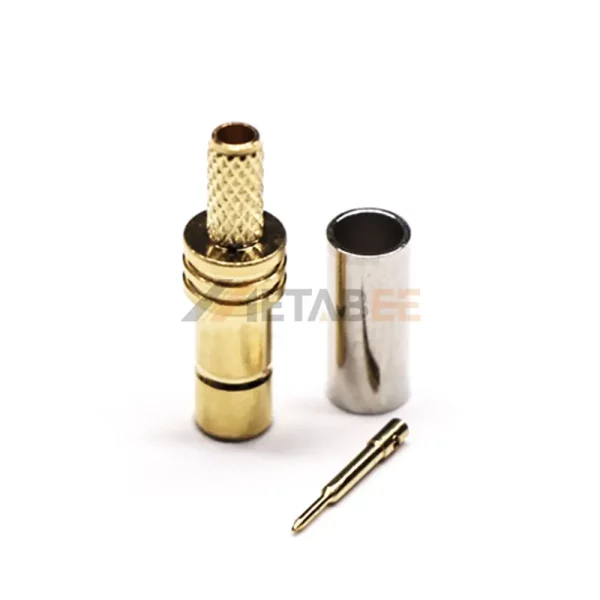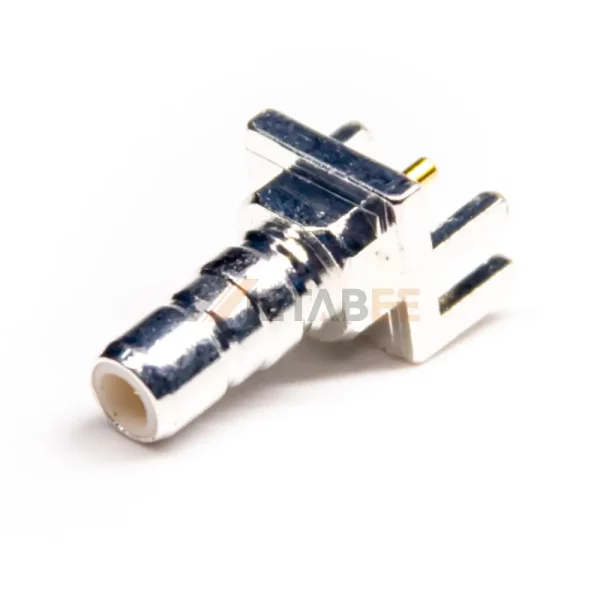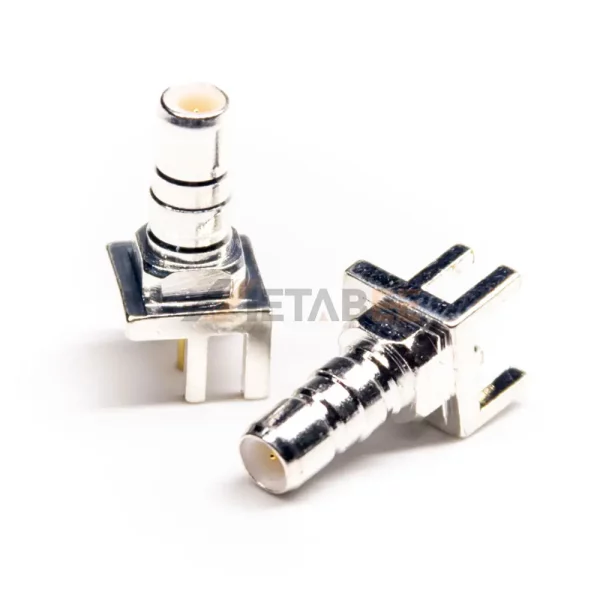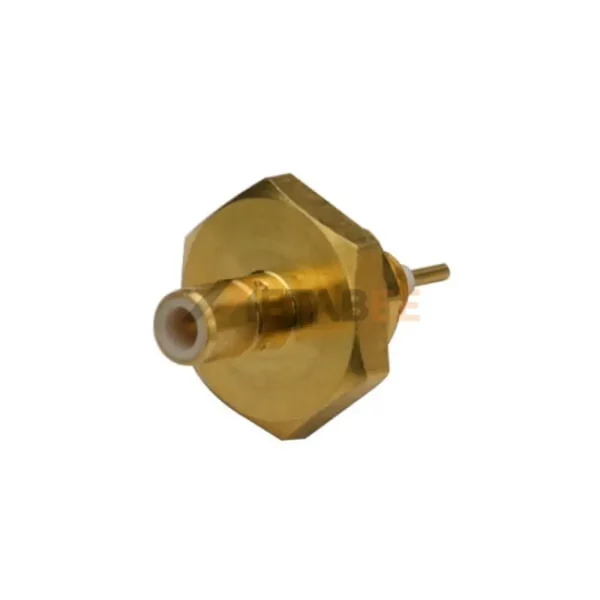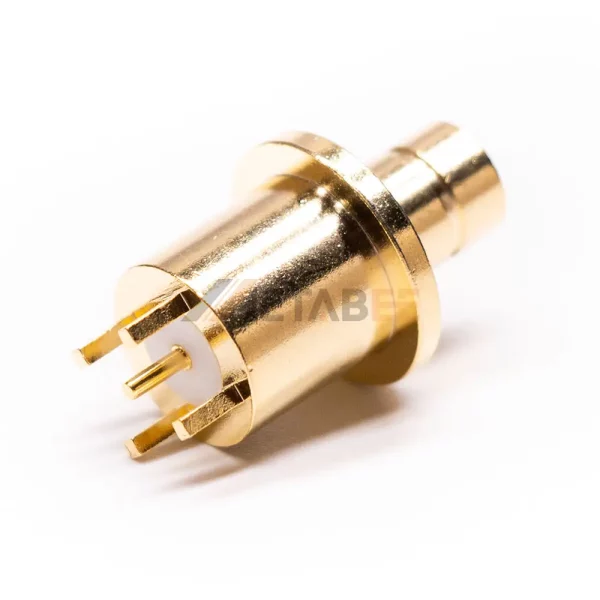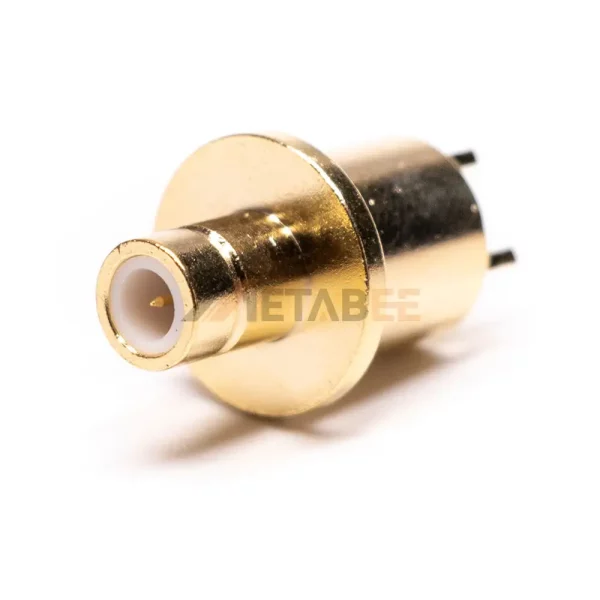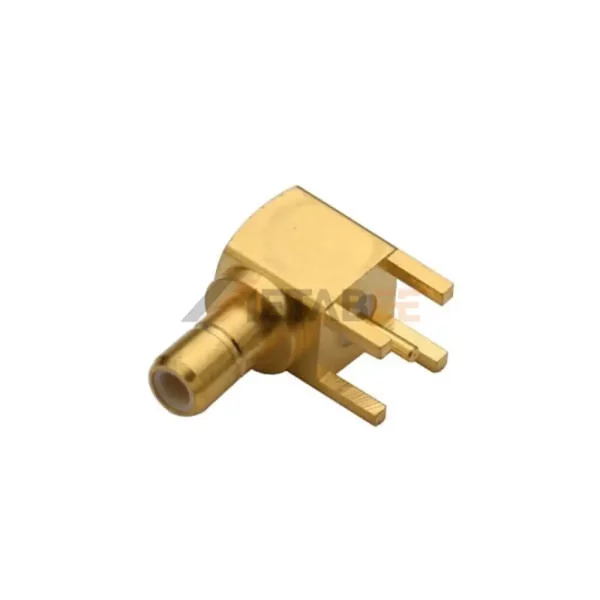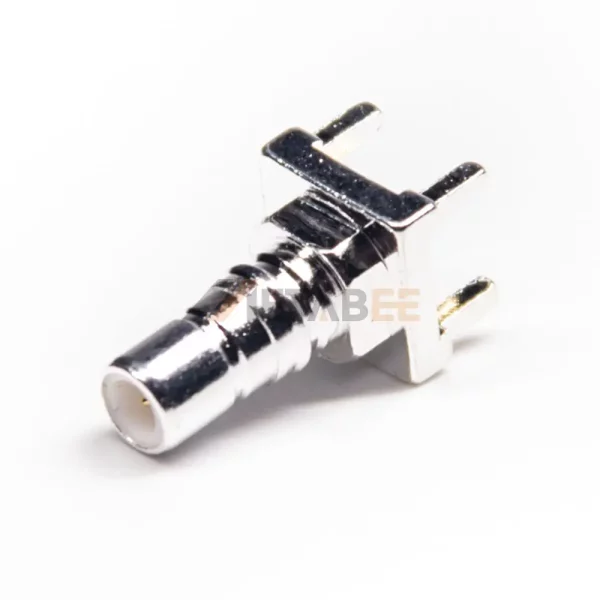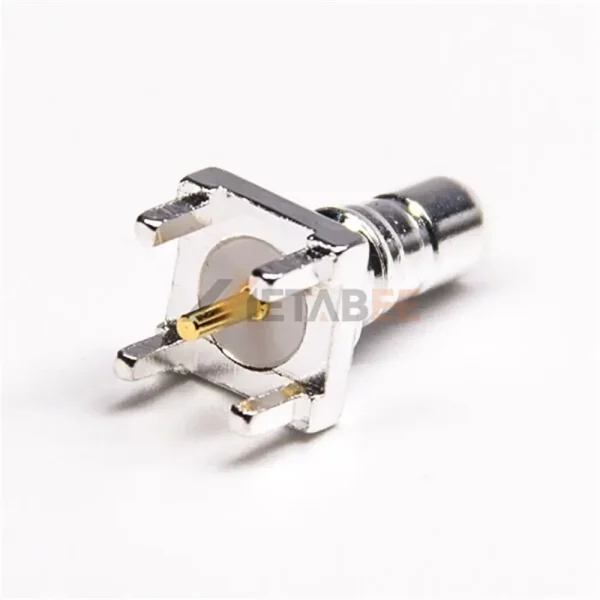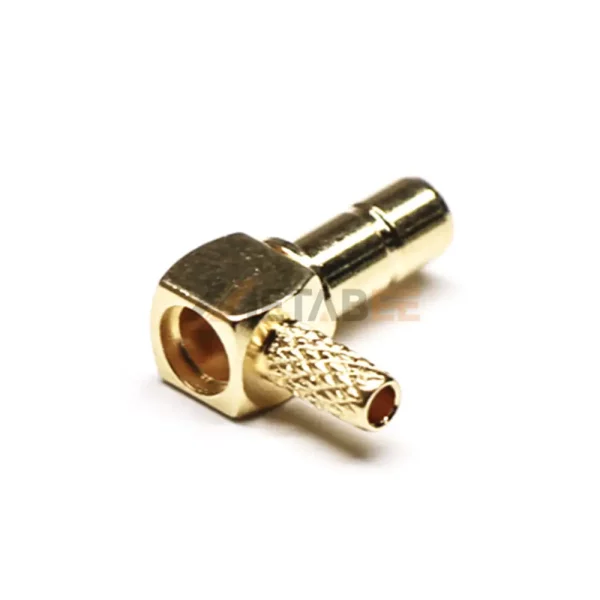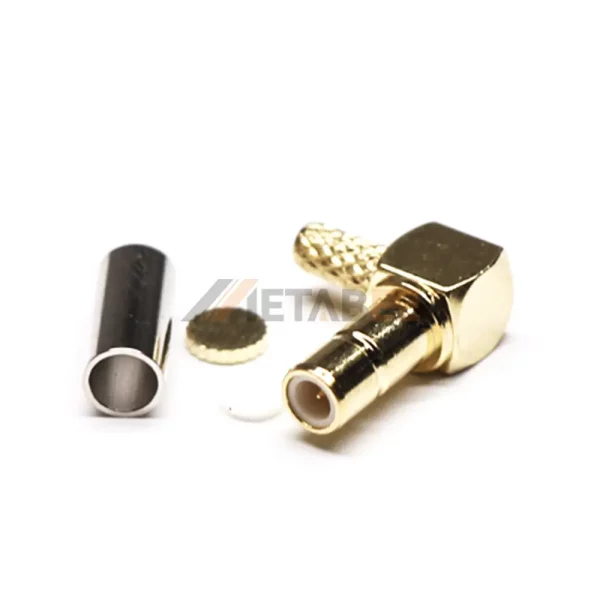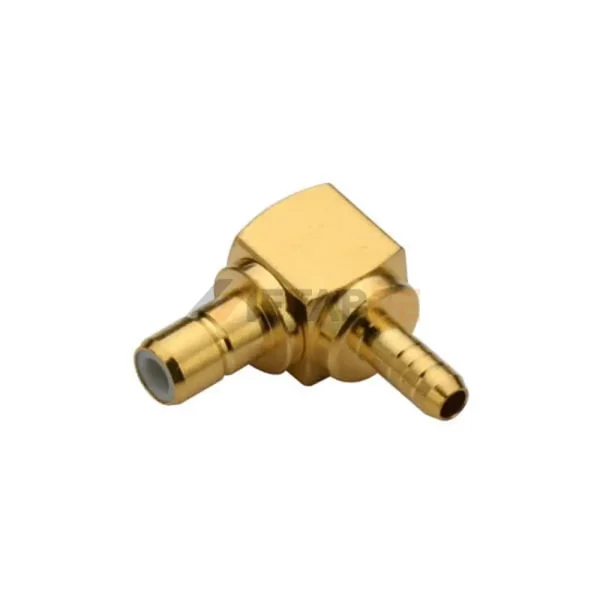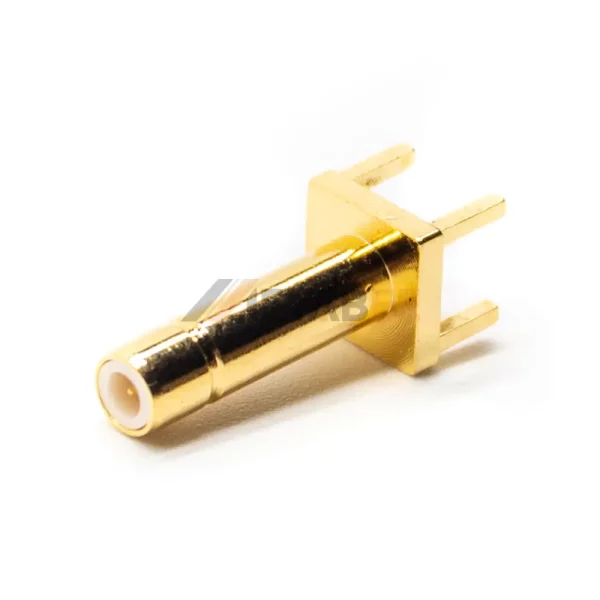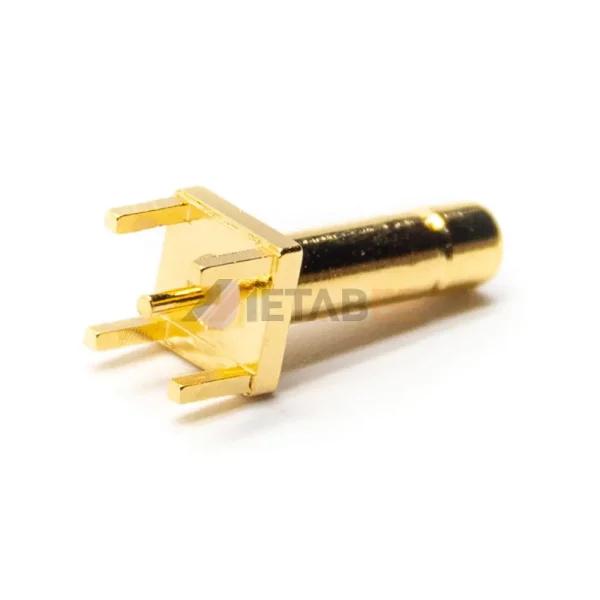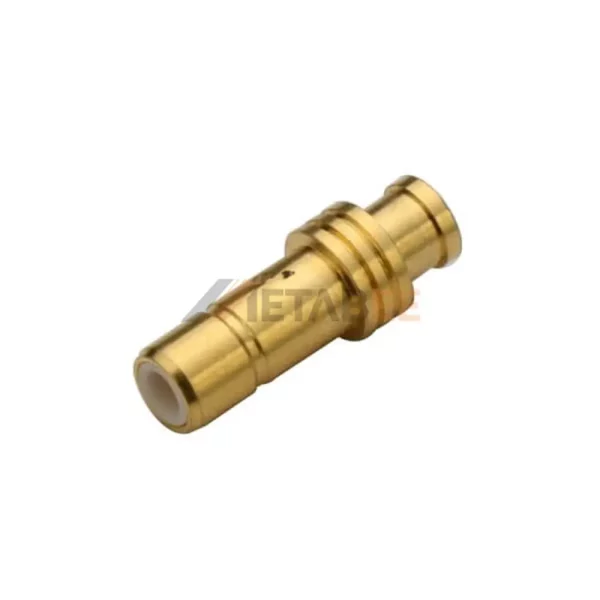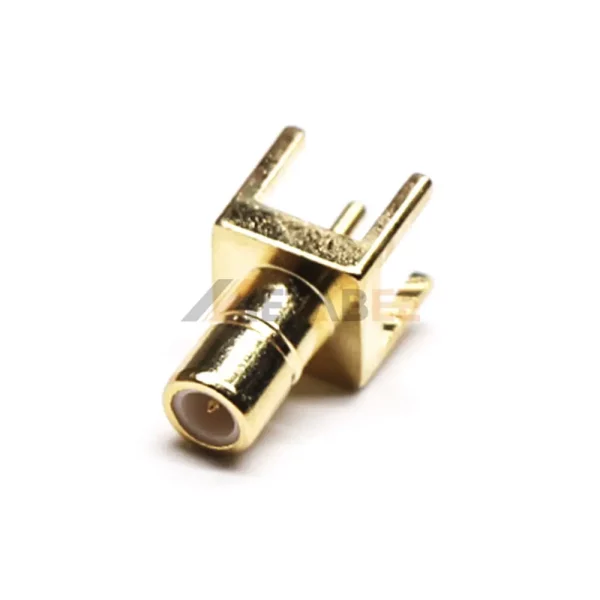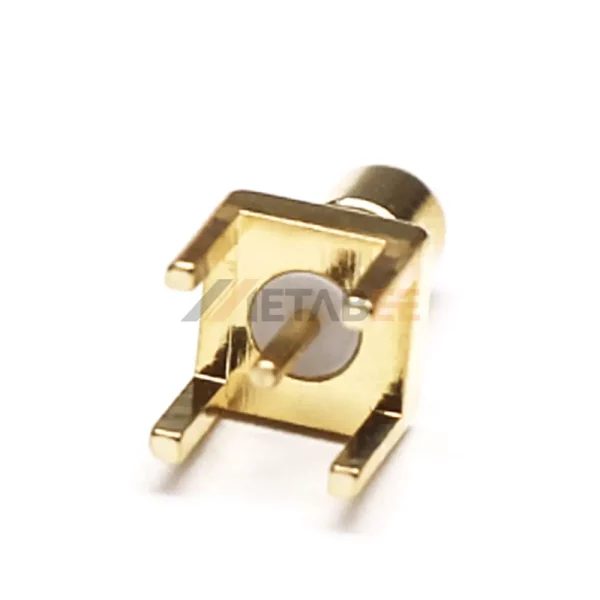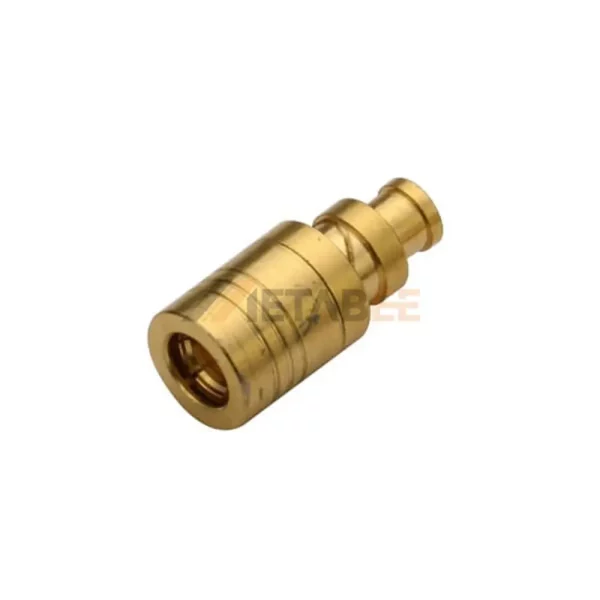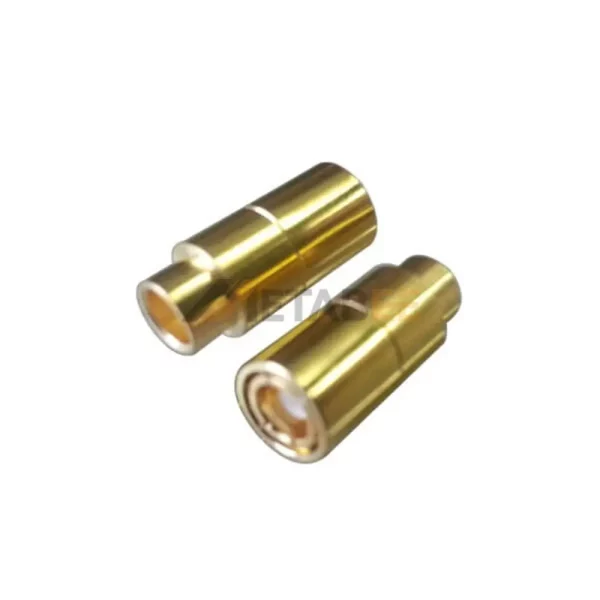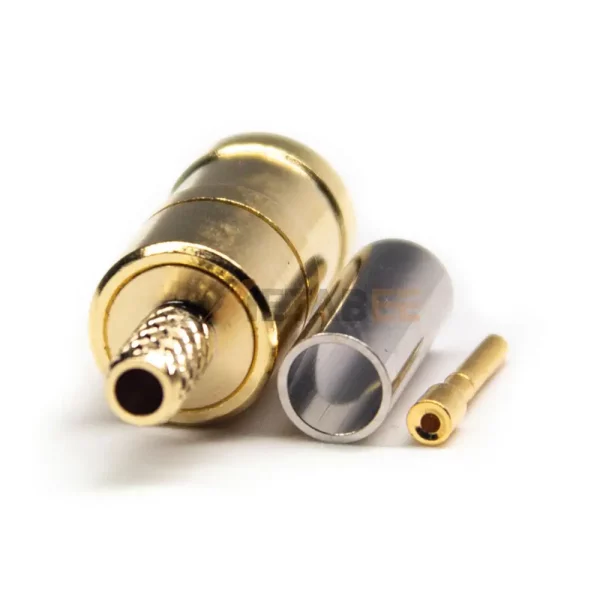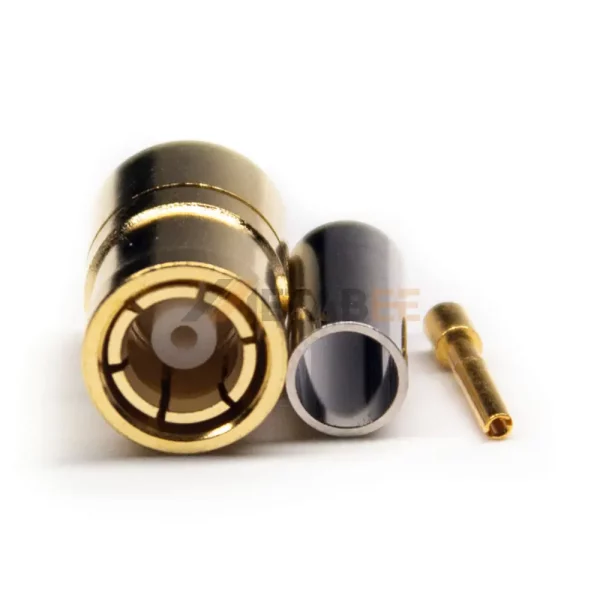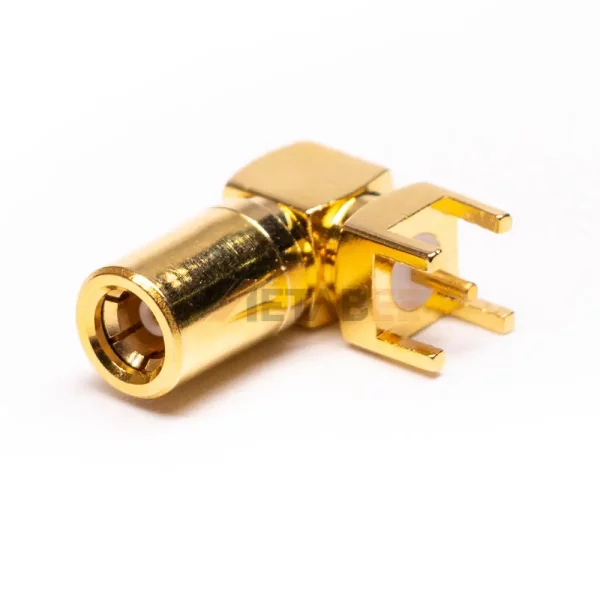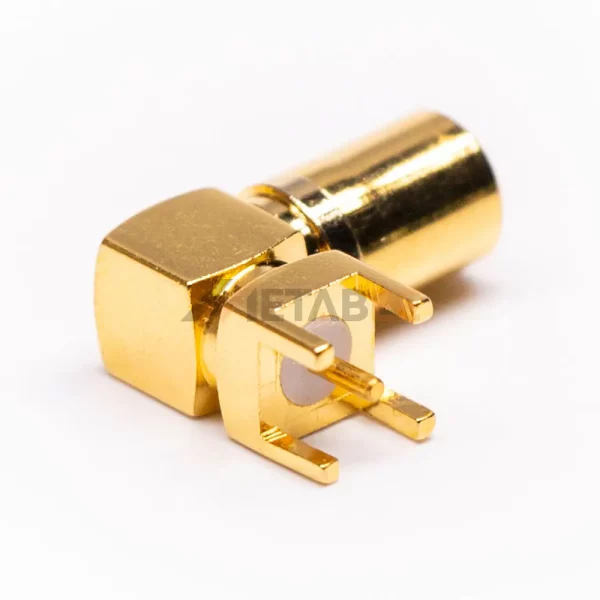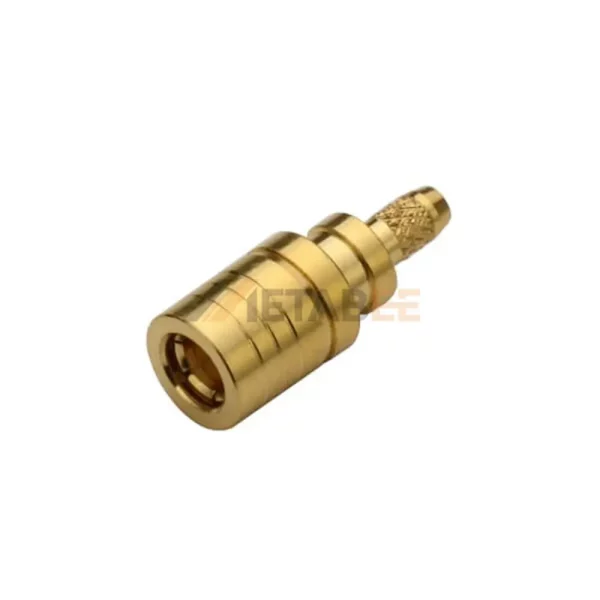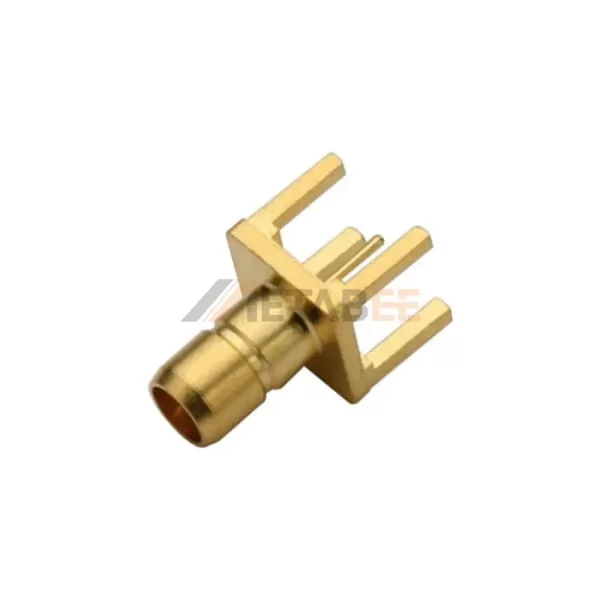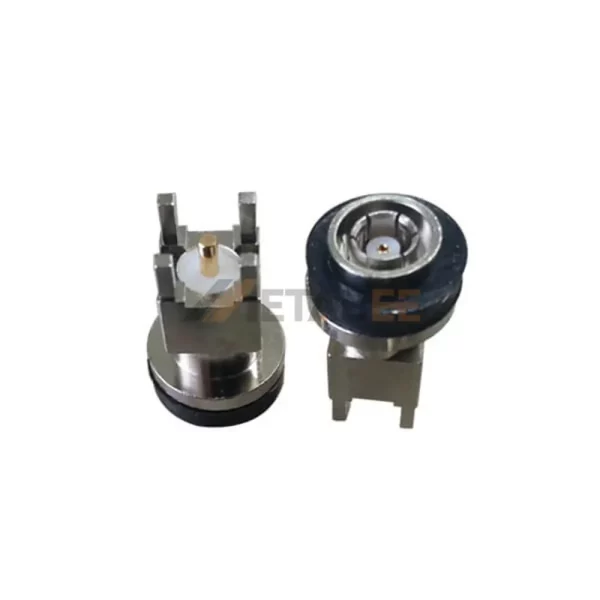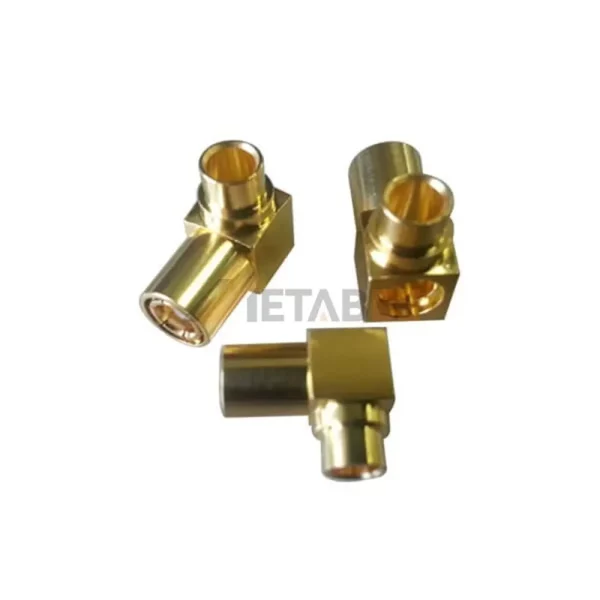FAQs:
What is an SMB connector?
An SMB (SubMiniature version B) connector is a type of RF (Radio Frequency) connector used for connecting coaxial cables to various electronic devices. It is known for its compact size, high reliability, and secure snap-on coupling.
What is the frequency range of SMB connectors?
SMB connectors typically support frequencies up to 4 GHz.
What is the impedance of a standard SMB connector?
SMB connectors have an impedance of 50 ohms and 75 ohms, making them ideal for use in RF applications where matching impedance is critical to maintaining signal integrity.
What materials are SMB connectors made from?
SMB connectors are generally made from brass or copper, with gold-plated or nickel-plated for improved conductivity and corrosion resistance. The insulators are commonly made from teflon materials.
What are the advantages of using SMB connectors?
SMB connectors offer several advantages, such as:
Small size and high-density
Reliable performance
Easy to connect and disconnect
Wide range of configurations
Cost-effective
What are the typical applications of SMB connectors?
SMB connectors are widely used in various applications, including:
Test and measurement equipment
Telecommunications
Computer networking
Consumer electronics
Industrial automation
How do I select the right SMB connector for my application?
When selecting an SMB connector, consider the following factors:
Frequency range
Impedance
Connector type
Termination method
Environmental conditions
Cable type
